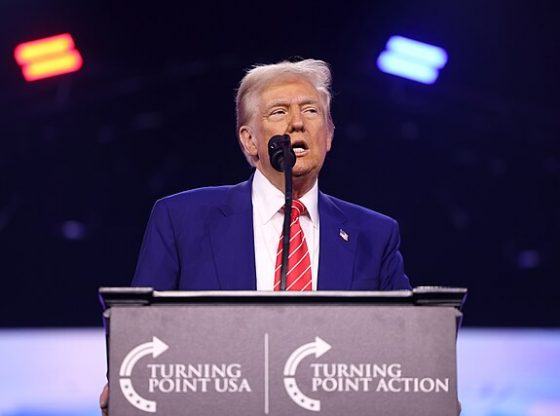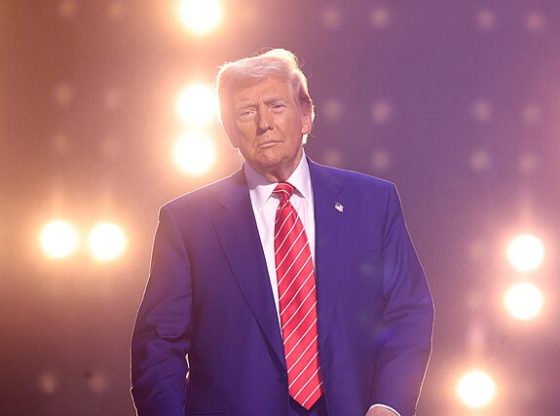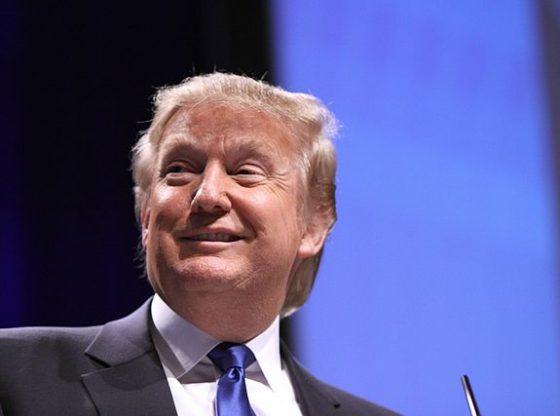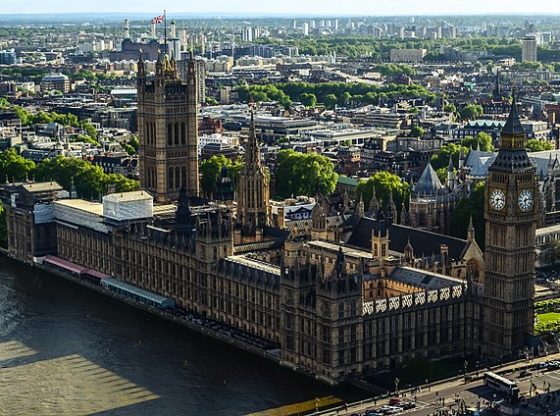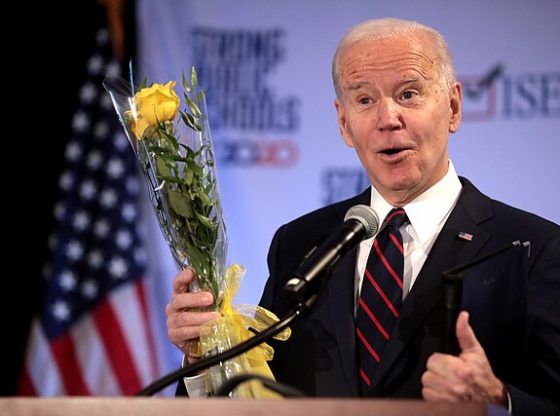The conservative-leaning Supreme Court declined to overhaul a legal rule that allows state and federal courts to prosecute people for the same conduct without violating the Constitution’s ban on double jeopardy. (The Daily Caller)
The case was closely watched because of its possible ramifications for President Donald Trump, given continued speculation that he could pardon confidants facing criminal convictions like Paul Manafort. The pardon power authorizes the president to grant clemency for federal crimes, but does not reach state matters.
The Fifth Amendment’s double jeopardy clause prohibits multiple prosecutions for the same offense. An exception to this rule called the separate sovereigns doctrine allows state and federal governments to bring successive prosecutions for the same crime. Monday’s decision leaves the doctrine in place, meaning any person Trump pardons remains exposed to state prosecutions.
Former special counsel Robert Mueller was working with the New York attorney general to build a case against Manafort as of August 2017. Other Trump associates, like Roger Stone and former National Security Advisor Michael Flynn, face purely federal charges and
The case was one for unexpected ideological bedfellows. Justice Samuel Alito delivered Monday’s opinion for a seven-justice majority, while Justices Ruth Bader Ginsburg and Neil Gorsuch dissented.
Manafort is currently being held in isolation at New York’s Rikers Island jail where he faces state charges.


